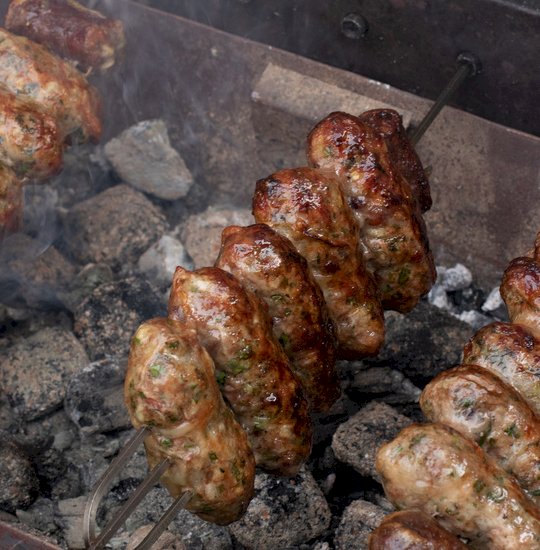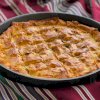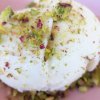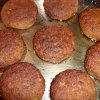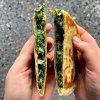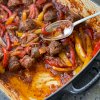Sheftalies - Cypriot Pork sausages
Sheftalies are a traditional Cypriot pork sausage made with simple ingredients and cooked over charcoal. It is wrapped with caul fat to help keep the mince mixture together and also prevent it from drying as it cooks.
Ingredients
1 kg pork caul fat see notes
¼ cup vinegar
4 small brown onions, finely diced
1 large bunch of parsley, 60 sprigs, finely chopped
3 kg pork mince
2 tsp cinnamon
2 tbs dried mint
30 mL white wine
2 tbs salt
1 tbs black pepper
Preparation
For more explanations, preparation photos and a video collaboration with Kali Orexi Melbourne on how to make sheftalies, click this link
http://myfamilysfooddiary.com/sheftalies-cypriot-pork-sausages/
The first step is to prepare the caul fat so that it is cleaned properly and that there is foul smell. Wash it in a large bowl with plenty of water several times. Then add enough cold water to cover it, as well as the vinegar and let it soak for 15min or until there is no more nasty smell.
In the meantime prepare the mince mixture by finely chopping the parsley and onion. Both of these need to be chopped small enough so that they combine easily with the mince and there aren’t large chunks when you are biting into the sheftalies. You may choose to brown off the onion before adding it to the mixture, to help digest it better but it is not something i tend to do.
- Once the parsley and onions are chopped, add them with the rest of the ingredients in a large bowl and mix well with your hands until everything is well combined.
Wash the caul fat, strain any excess water and place it in the strainer over a bowl. Keep it aside and have it ready to use to roll the sheftalies.
Scoop 70g (a packed ⅓ cup) of the mince mixture and form a 9-10cm long sausage shape (see notes). Place the sausage you have just formed on a tray and continue to do the same until all the mince mixture is finished. If I am making these with someone else, one person usually makes the sausages while the other wraps them into sheftalies.
Before you start using the caul fat you need to check it. If the caul fat has any holes in it do not use it to wrap the mince, otherwise the coating may tear apart. Also if the caul fat veins are too thick I tend to not use them, as they may not render (melt) well when cooked.
Grab a piece of the caul fat carefully and spread it out on a board or your clean working bench. Place the mince log on the edge of the caul fat and then roll it 1.5 times around, folding the sides in as you do. The caul fat will stick together and once it cooks it will render and will hold the sheftalia well. Use a sharp knife and cut off the caul fat surrounding the sheftalia.
Repeat the process until all the mince is wrapped. If any caul fat remains then you must throw it away.
Place the finished sheftalies on a lined tray and put them in the fridge until you are ready to cook them. If you are not cooking them that day then place them in the freezer well wrapped. I only freeze them if I find fresh caul fat to use. Otherwise, if the caul fat is frozen to begin with, I always cook them on the day and I do not freeze the caul fat again.
To cook the sheftalies we tend to fire up the charcoal. The sheftalies should be cooked slowly, not too close to the fire so that the inside cooks before the outside burns. Instead, an even brown colour should form. Otherwise, you may choose to heat a grill pan on high heat cooking each side for 10min or so.

